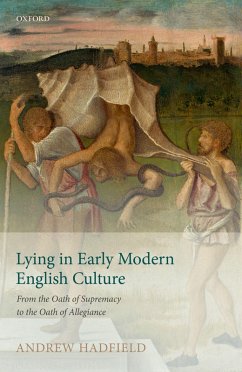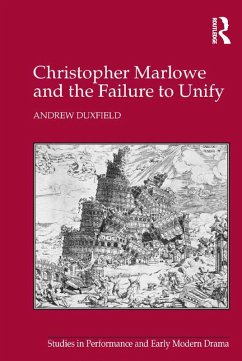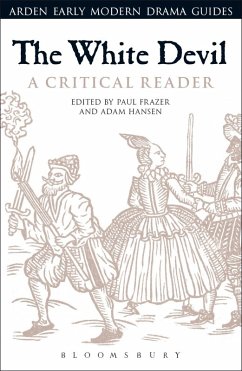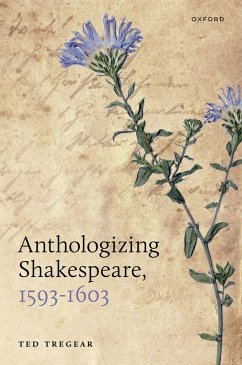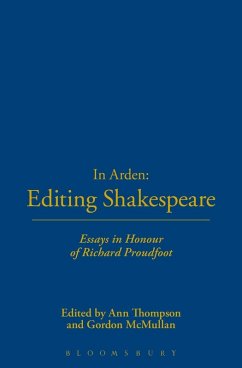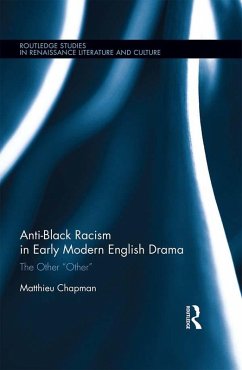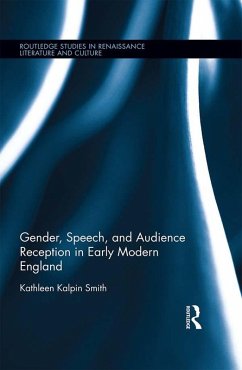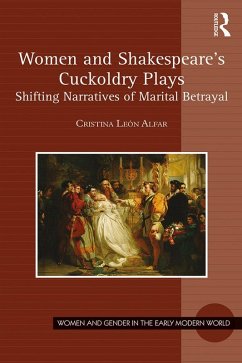
English Renaissance Tragedy (eBook, PDF)
Ideas of Freedom
Versandkostenfrei!
Sofort per Download lieferbar
22,95 €
inkl. MwSt.
Weitere Ausgaben:

PAYBACK Punkte
11 °P sammeln!
This book's underlying claim is that English Renaissance tragedy addresses live issues in the experience of readers and spectators today: it is not a genre to be studied only for aesthetic or "heritage" reasons. The book considers the way in which tragedy in general, and English Renaissance tragedy in particular, addresses ideas of freedom, understood both from an individual and a sociopolitical perspective. Tragedy since the Greeks has addressed the constraints and necessities to which human life is subject (Fate, the gods, chance, the conflict between state and individual) as well as the hum...
This book's underlying claim is that English Renaissance tragedy addresses live issues in the experience of readers and spectators today: it is not a genre to be studied only for aesthetic or "heritage" reasons. The book considers the way in which tragedy in general, and English Renaissance tragedy in particular, addresses ideas of freedom, understood both from an individual and a sociopolitical perspective. Tragedy since the Greeks has addressed the constraints and necessities to which human life is subject (Fate, the gods, chance, the conflict between state and individual) as well as the human desire for autonomy and self-direction. In short, English Renaissance Tragedy: Ideas of Freedom shows how the tragic drama of Shakespeare's age addresses problems of freedom, slavery, and tyranny in ways that speak to us now.




